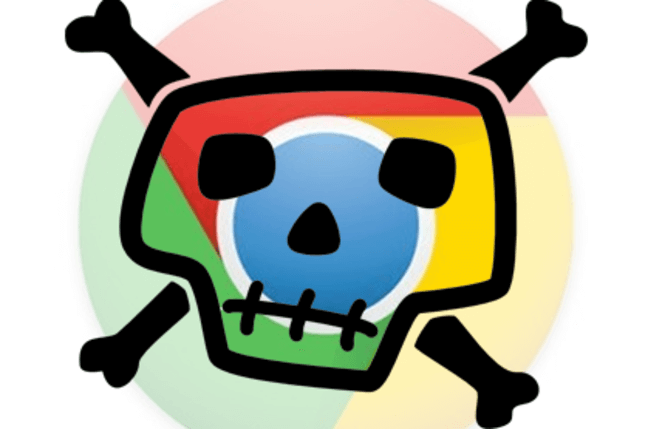It’s no secret Google is aggressively looking to cozy up with Hollywood to help its struggling Youtube website. In the latest sign that the search monopolist is getting into bed with Big Copyright and their legal extortionists, Google Fiber, the high-speed broadband service offering broadband speeds up to 100 times faster than the national average, is forwarding nasty extortion letters to users who have allegedly downloaded copyright movies and TV shows.
Copyright extortion firms such as CEG-TEK and Rightscorp blast thousands of settlement notices every month, demanding $20 to several hundred dollars for alleged infringements. The notices are legally suspect, with the industry previously trying to extort $15,000 to $25,000 per letter. After a legal smackdown the shady industry has adjusted its ask – just $20 to $500 – in order to stay under the radar.
While many ISPs refuse to forward the blatant extortion attempts, Google is keen to get into bed with Hollywood and so is passing along the notices to customers in hopes they will pay.
Yet other big ISPs including Comcast, Verizon and AT&T have chosen not to forward settlement demands directly to subscribers to protect their interests, in recognition that letters are nothing more than extortion attempts by big corporations against main street Americans.
Website Zdnet published one of the threatening extortion letters which reads:
BMG will pursue every available remedy including injunctions and recovery of attorney’s fees, costs and any and all other damages which are incurred by BMG as a result of any action that is commenced against you.
While BMG is entitled to monetary damages from the infringing party […] The BMG believes that it may be expeditious to settle this manner without the need of costly and time-consuming litigation. In order to help you avoid further legal action from BMG, we have been authorized to offer a settlement solution that we believe is reasonable for everyone.
According to Mitch Stoltz, staff attorney at the Electronic Frontier Foundation (EFF), ISPs are not legally bound to send such notices to subscribers and that such notices terrorize users, hoping to extract money from them regardless of legal culpability.
“In the U.S., ISPs don’t have any legal obligation to forward infringement notices in their entirety. An ISP that cares about protecting its customers from abuse should strip out demands for money before forwarding infringement notices. Many do this. ”
The latest move by Google shows how it wants to cuddle up to the big Copyright Lobby in order to promote its Youtube property, seen as key to it staying relevant over the next ten years as its search monopoly fades into oblivion.
It also highlights how Google views users as expendable and an asset that needs to be monetized – regardless of the implications of peoples’ lives.
Google, predictably, declined to comment of the latest revelations.
Stay Connected